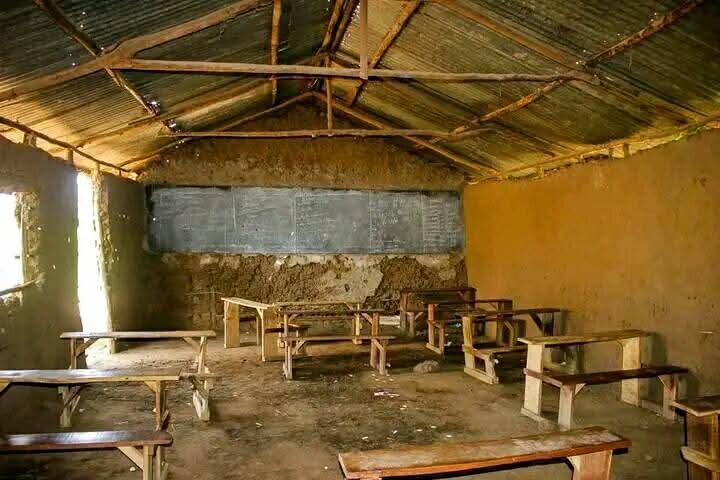
Education officials say the ongoing cleanup of school enrolment records could save the country billions of shillings lost annually through inflated capitation claims.
The audit, triggered by parliament’s adoption of the Auditor General’s report, revealed that the ministry has been sending funds to “ghost students” and, in some cases, possibly non-existent schools.
Officials now project savings of up to Sh12 billion out of the annual Sh120 billion capitation budget—about 10 per cent of total funding. The money could be redirected to teacher recruitment, school infrastructure, and learning materials.
“For far too long the ministry of education has been accused of sending money to ghost schools and ghost students. We want to deal with that decisively once and for all,” said Education Principal Secretary Prof. Bitok.
The verification exercise required all 32,000 public schools to submit enrolment data through sub-county directors. While most complied, some schools ignored prescribed templates, forcing corrections that slowed down the process.
So far, 3,000 schools have received their capitation funds, while others are still waiting. The ministry has maintained that schools without verified data will not receive any funding.
Prof. Bitok revealed that the discrepancies cut both ways—with some schools inflating numbers to receive more money, while others under-reported.
One of the most startling discoveries was that 1,000 schools had fewer than 10 learners, prompting county education boards to immediately review their viability.
The PS stressed that despite delays, the cleanup is critical to restore accountability and credibility in the use of education funds.
“By cleaning up enrolment data, the government hopes to streamline teacher posting and optimize resources where they are most needed,” he said.












